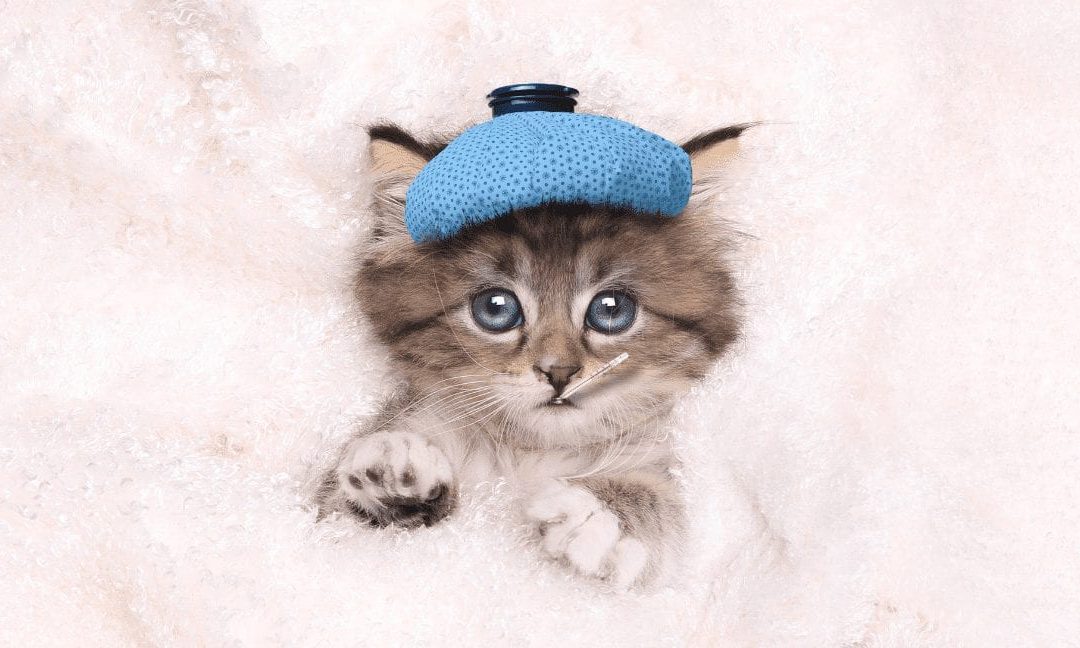Cats are naturally great at keeping themselves well-maintained. They require little pet owner supervision when it comes to regularly taking care of their bodies. However, as a parent of a feline, you still have to be aware of the common health issues in cats and the symptoms so you can provide them with the appropriate medical attention if the need arises.
4 Common Health Issues In Cats
Dental and Gum Disease
Periodontal or ‘gum disease’ is prevalent in adult and senior cats. It happens when there’s excess plaque (a bacteria) build-up. If not cleaned from the cat’s teeth, it turns into tartar, a hard yellow or brown deposit that is difficult to remove and can get under your pet’s gums. Tartar can lead to receding gums, tooth decay and tooth loss.
Symptoms: Bad breath, inflammation and redness of the gums (gingivitis), toothache, loss of teeth, difficulty eating
Cause: Cat’s diet (sticky cat foods) and poor oral hygiene
Treatment: Add a mixture of dry, canned food on their diet as it can help clean the teeth. For optimum dental health, practice regular brushing and teeth cleaning at the vet.
Diarrhoea
Symptoms: Loose, watery, liquid or inconsistent stool. Depending on what caused it, it can last for a day to even months.
Cause: There can be several causes of diarrhoea, including dietary allergies, internal parasites like worms, viral infections, metabolic illnesses of the liver, kidney, intestinal tract, pancreas, or thyroid.
Treatment: For mild or acute cases caused by a bacterial infection or an allergic reaction to food, feeding bland turkey or lamb baby food or broth can also help a cat’s digestive tract recover. If the diarrhoea continues for several days, it’s best to consult your vet.
Tapeworms
Tapeworms live in the cat’s small intestines and can grow up to 2 feet long. They usually break apart, so it’s rare to see a full worm. You’ll see them in segments. The easiest way to know if your feline friend has is to check for tapeworms (they look like flat grains of white rice) in their faeces, anus and bedding. When your cat is relaxed or sleeping, you’ll see the tapeworms crawling out of their anus.
Symptoms: Bloating, occasional vomiting or diarrhea, itching and irritation and weight loss.
Cause: Swallowing fleas or ingesting faeces of other animals
Treatment: Treatment options include topical medication, oral over-the-counter and prescription medication, and injection.
Heartworm Disease
Heartworms are a very common parasite. The worms travel through the pulmonary vessels and grow inside the cat’s lungs and heart. They will eventually fill up the organs, and when left untreated, heartworm disease can become fatal.
Symptoms: Asthma-like symptoms, coughing, vomiting, lethargy. enlarged heart
Cause: Cats become infected when a mosquito carrying heartworms, bites your pet and sucks blood.
Treatment: Although very difficult to treat, heartworm disease is preventable through modern vaccines.
Always Consult Your Vet Even For Common Health Issues In Cats
Although these are common health issues in cats, it is still best to consult your vet to get the correct diagnosis. Only then can you obtain the proper advice on the next course of action that ensures your furry feline receives the care and medical attention they need.
Get access to more pet blogs HERE.


